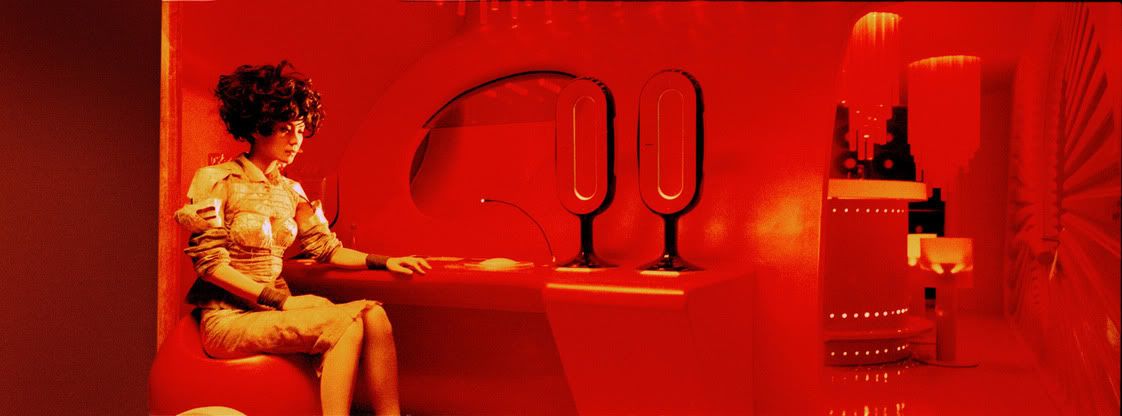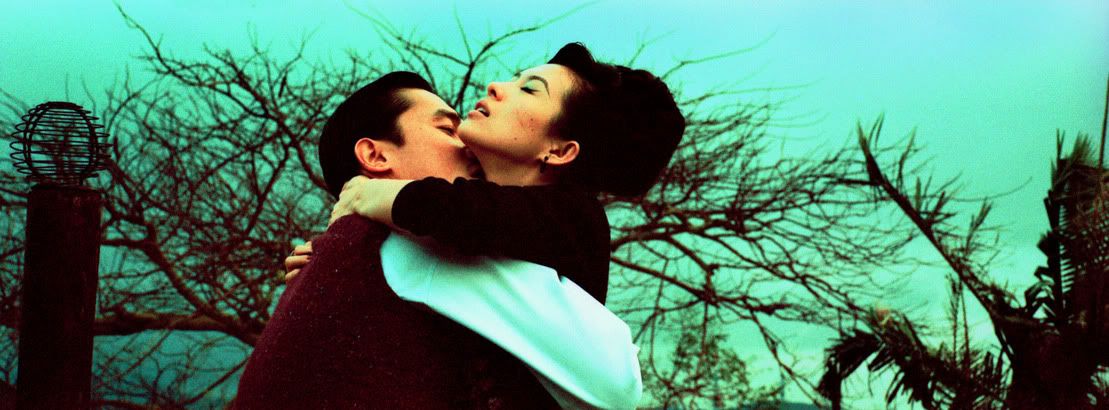Rabbit, Run by John Updike
Should I admire Rabbit Angstrom? I must admit that I do, whether I should or not. He has known grace, and will not settle for anything less. We all must settle into the despair of everyday life, yet Rabbit foolishly and selfishly keeps running; running across a field of death in the cemetery, pursued by moral obligation in the form of a minister. Rabbit gets away, and for this I admire him, though I probably should not. I know he will keep running and never find what he wants, but I still admire him for whatever it is that makes him run and hurt those that love him and need him, even though I most definitely should not. I hope he keeps running.
Destiny runs throughout the novel: a man on television tells us, “Know Thyself.” Everyone is made for something, and fulfillment lies in discovering this quality and becoming what one already is. “Learn to understand your talents, and then work to develop them. That’s the way to be happy.” Rabbit, as Eccles rightfully points out, “has been spoiled by his athletic success,” and cannot reconcile the beautiful harmony of basketball with mundane messiness of a drunken wife and a shit job. It’s not right. It’s missing something. In a wonderful scene only a golf lover could write Eccles taunts Harry with the indefinable nature of the object of his quest: “What is it? What is it? Is it hard or soft? Harry. Is it blue? Is it red? Does it have polka dots?” Rabbit backs down for a moment but later hits an improbably beautiful golf shot, and says triumphantly, “That’s it!” And so it is. Updike lets him have the final word.
Invariably, Rabbit’s quest for it causes immense suffering, and Updike piles such guilt upon Rabbit that his ability to free himself from it at the end of the novel makes for an ambiguously moving moment. What a horrible and ugly and selfish thing Rabbit does, when he turns to his wife and blames her while absolving himself, but what a beautiful determination to escape the trap that has been set for him! I feel that the ugly/ beautiful moment of Rabbit’s escape perhaps acts out one of the main concerns of Updike’s novel. Rabbit uses people, he’s “bad news” as Ruth tells him, he is childish and selfish, stuck in former athletic glory days, irresponsible, and even a bit of a prick. Rabbit himself admits, “If you have the guts to be yourself, other people’ll pay the price.” But in order to condemn Rabbit’s behavior I have to condemn that from which it springs: the “excess of feeling” that Eccles diagnoses, the instinct that doesn’t let him give up, as Ruth notes. The question is of the nature of Rabbit’s essential character, and it would take someone sterner than I to mark it as an evil one.
Instead, I find Rabbit’s nature to be beautiful, despite the suffering it causes. I believe Rabbit is the tragic hero of this novel because of his refusal, perhaps even his inability, to stay in the trap that moral obligation sets for him, the same moral obligations that protect the rest of us. When back with Janice and Nelson, Rabbit “feels the truth: the thing that has left his life has left irrevocably; no search would recover it.” The rejection of this truth, Rabbit’s mad dash away from the inescapable, is as heroic as it is morally despicable. Perhaps Updike’s insight is that the heroic and the moral are not compatible in a world of suffering.
I rather doubt Rabbit finds happiness in his life, and I suspect his will is eventually run down. No one can run forever. We all get old and tired. The tragedy of the novel is not just Rabbit’s decision to run out on his family and the suffering it causes, but the fact of the inescapable despair that he runs from. Life is too painful and I am too disillusioned to think running out on my obligations will accomplish anything. We must stay resigned. Let Rabbit run.

